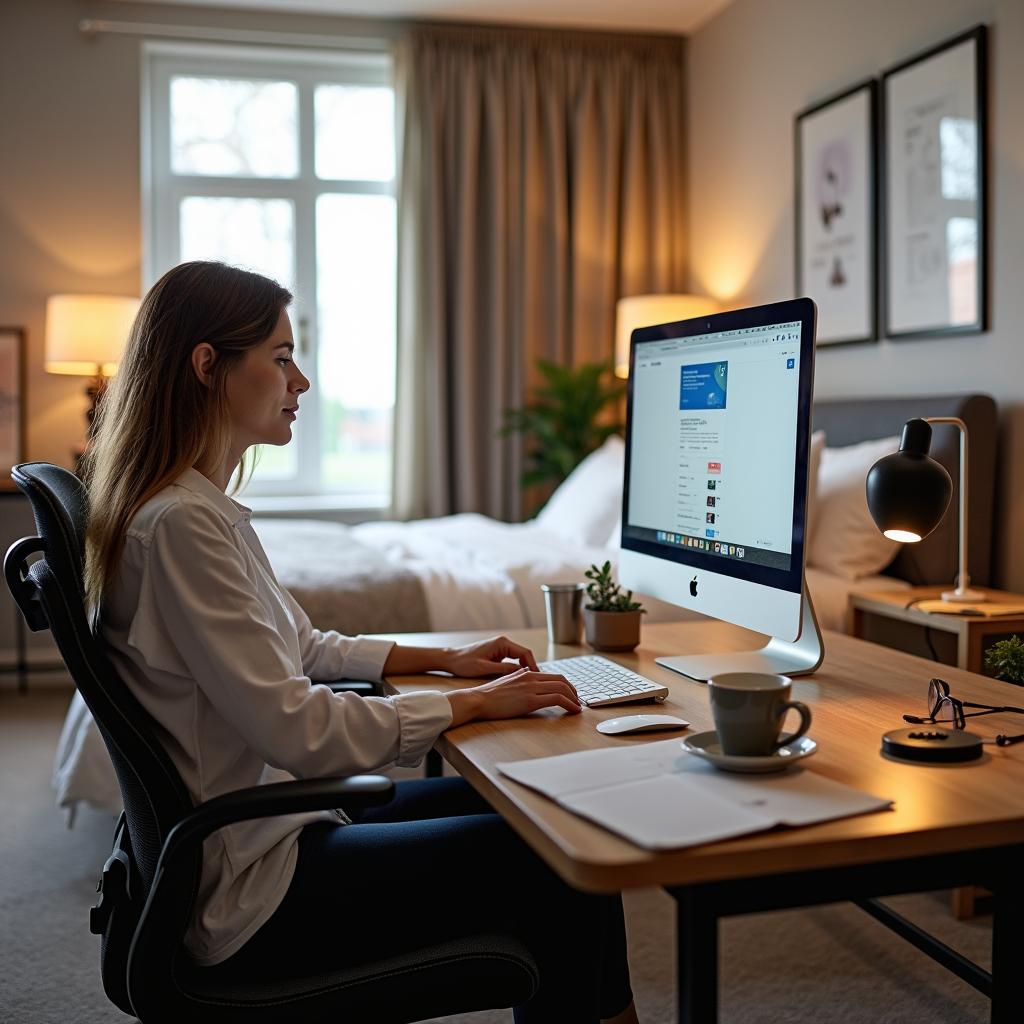Top Sleep Environment Tips for Better Productivity
In today’s fast-paced world, enhancing productivity is a common objective for individuals and businesses alike. One critical factor that significantly influences our productivity levels is the quality of sleep we get. Improving our sleep environment can lead to a more restful night, which translates into higher energy levels and enhanced focus during the day. In this article, we will explore effective sleep environment tips for better productivity.
1. Optimize Your Bedroom Temperature
The temperature of your sleep environment plays a vital role in determining the quality of your rest. The ideal bedroom temperature for sleep typically falls between 60 to 67 degrees Fahrenheit (15 to 19 degrees Celsius). A cooler room helps in lowering your body temperature, which is essential for falling asleep. Experiment with your thermostat or use additional bedding if necessary to find what feels most comfortable for you.
2. Invest in Quality Bedding
Your mattress and pillow choices significantly affect your sleep quality. Choosing a mattress that suits your preferred sleeping position—whether you’re a side sleeper, back sleeper, or stomach sleeper—can improve comfort. Similarly, selecting pillows with the right support can help maintain spinal alignment. Look for breathable materials that wick moisture away, ensuring you remain cool throughout the night.
3. Limit Noise Distractions
Noise can be a significant disruptor of sleep. To create a peaceful sleep environment, consider using soundproof curtains or investing in white noise machines to drown out disruptive sounds. Alternatively, earplugs can be used to block external noise. If you find silence uncomfortable, gentle sounds, like ocean waves or chirping birds, can promote relaxation.
4. Dim the Lights
Light plays a crucial role in regulating our sleep-wake cycle. Exposure to bright lights can hinder the production of melatonin, a hormone responsible for sleep. To enhance your sleep environment, start dimming the lights in your home an hour or two before bedtime. Consider using blackout curtains to keep your bedroom dark and prevent outside light from intruding.
5. Create a Calming Atmosphere
Your bedroom should serve as a sanctuary for relaxation. Decorate your sleep space with soothing colors and minimal clutter. Use calming elements such as soft lighting, plants, or calming artwork that brings tranquility to your environment. Incorporating aromatherapy, using essential oils like lavender or chamomile, can also create a peaceful ambiance conducive to sleep.
6. Establish a Sleep Schedule
A consistent sleep schedule reinforces the body’s natural circadian rhythm. Go to bed and wake up at the same time each day, even on weekends. This consistency helps regulate your body’s internal clock, making it easier to fall asleep and wake up rested. Coupling this with a pre-sleep routine, such as reading or gentle stretching, can signal to your body that it’s time to wind down.
7. Limit Exposure to Screens
The blue light emitted by screens on phones, tablets, computers, and televisions can disrupt sleep patterns. Aim to limit screen time at least an hour before bedtime to allow your body to produce melatonin. If using devices is unavoidable, consider using blue light blocking glasses or apps that minimize blue light exposure. Instead, indulge in a good book or practice mindfulness exercises to prepare for sleep.
8. Keep Your Sleep Area Exclusive
Your bedroom should primarily be a space for sleep and relaxation. Avoid working, eating, or practicing stimulating activities in bed to reinforce its purpose as a sleep zone. This helps signal to your brain that it’s time to wind down when you’re in your sleeping space, promoting better rest and productivity during waking hours.
9. Stay Mindful of Your Diet
Your eating habits can significantly impact your sleep environment and overall quality of sleep. Avoid consuming heavy meals, caffeine, or alcohol close to bedtime, as they can disturb your sleep process. Instead, aim for light snacks that promote sleep, such as bananas, yogurt, or almonds, which can help you wind down and relax before bedtime.
10. Regular Physical Activity
Engaging in regular exercise encourages better sleep quality. Physical activity increases the duration and depth of sleep, helping your body to feel more rested. However, it’s essential to time your workouts appropriately. Strenuous activities too close to bedtime can be energizing and hinder sleep, so aim to complete your exercise routine at least a few hours before you plan to go to bed.
11. Evaluate Your Sleep Aids
If you’re struggling with sleep despite optimizing your environment, consider evaluating your current sleep aids. Some people find that herbal teas, sleep masks, or melatonin supplements can support their journey to better sleep. However, it’s essential to consult with a healthcare provider before starting any new supplements, as they can interact with medications or underlying health issues.
12. Perform a Sleep Environment Audit
To truly optimize your sleep environment, perform an audit of your bedroom. Take note of any potential disruptors and address them. It may be something as simple as adjusting your curtains to block out streetlights or decluttering your nightstand. A clear and organized space allows for a more peaceful mind, promoting relaxation and better sleep.
Conclusion
Creating a sleep environment that fosters better productivity requires a mindful approach and the implementation of targeted sleep environment tips. By optimizing temperature, investing in quality bedding, minimizing noise and light disruption, and establishing a consistent sleep routine, you can significantly enhance your sleep quality. Remember, a good night’s sleep is essential for sharp focus and improved productivity during the day, ultimately leading to a more fulfilling life. Prioritize your sleep environment, and you’ll notice a profound impact on your overall performance and well-being.







